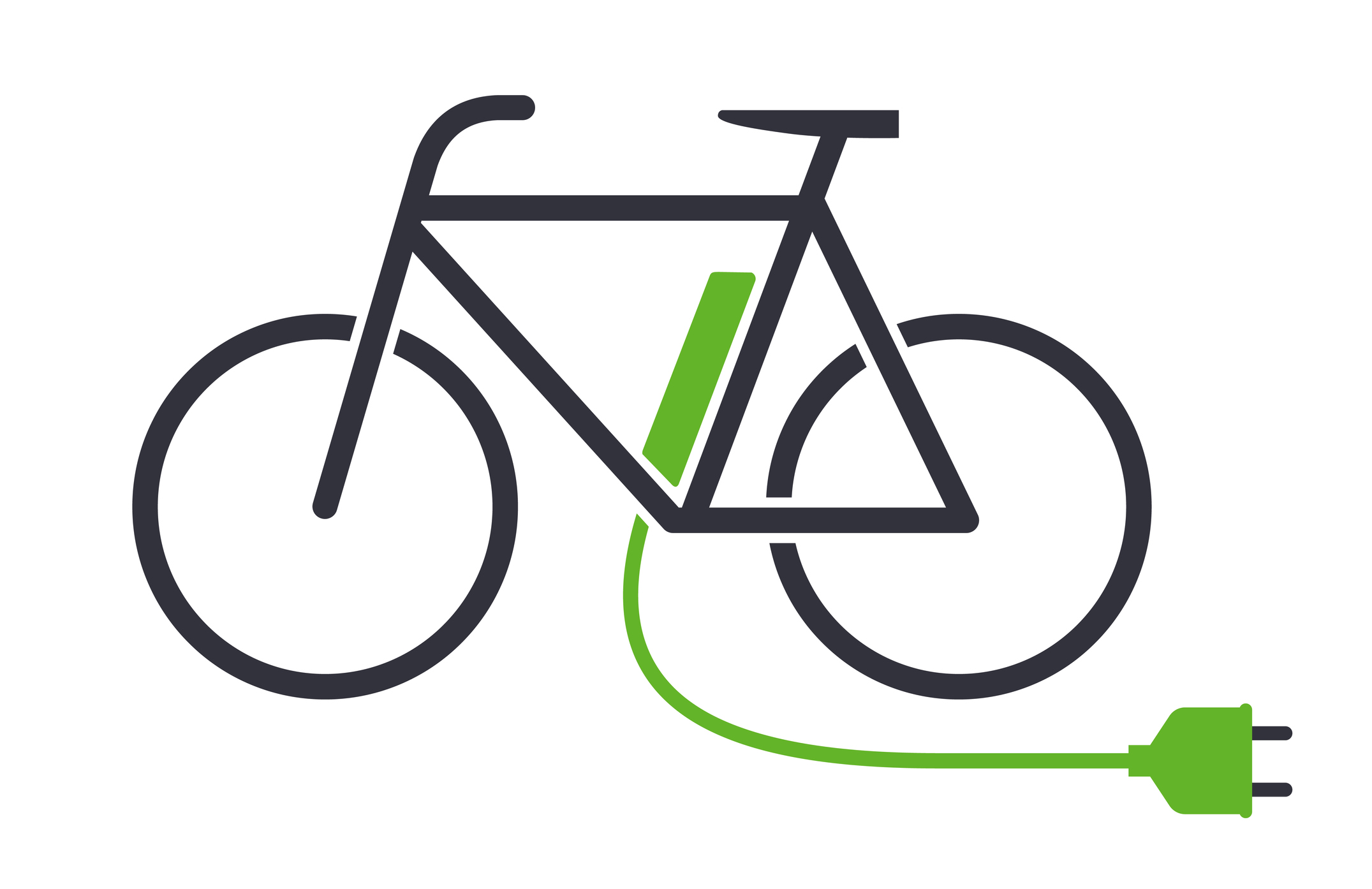Dockless electric scooters have quickly proliferated as transportation options in over 100 U.S. cities over the past two years. That expansion, however, has had its fair share of conflicts as have many other technology companies that leverage the sharing, gig economy

Several companies have launched without obtaining the appropriate permits. In many cities, electric scooter companies have been fined for operating a business without a license, failure to follow various business zoning laws, or for allowing parked scooters to amass outside of designated areas in such a way that would block sidewalks
Electric scooters with brand names such as Lime, Bird, and Lyft could also potentially pose a liability for companies allowing workers to ride the e-scooters for business travel. The primary concern is with employees utilizing the e-scooters for traveling between offices, meetings, and assignments while on company time. Risk concerns led Duke Energy Corp. to prohibit its 6,000 workers in downtown Charlotte, N.C., from using e-scooters for company business as a precaution
A company may well be held liable for its employees’ travel for business and may restrict employees from using types of transportation considered too dangerous. However, commuting between home and work is not considered business travel. Injury lawsuits have been filed in California. However, those cases involve personal use of e-scooters.
However, there are options for employers short of a ban. A company could require e-scooter users to abide by the laws and regulations for using the vehicles, be familiar with the e-scooter company’s safety requirements, and have a valid driver’s license. If employers allow workers to use e-scooters, they should consider whether training is needed and whether they should supply safety gear
Latest News
tiktok bill As many states around the country have taken action on various TikTok bills, the United States House of Representatives is considering whether to pass legislation requiring TikTok’s Chinese parent company to sell the [...]
Photo credit: iStock.com/lakshmiprasad S In 2023, DMGS covered states taking mostly executive action to ban or regulate TikTok in some capacity. Entering 2024 legislative sessions, lawmakers around the country have introduced similar legislation. Indiana: Bill [...]
Photo credit: iStock.com/NongAsimo Catalytic converters are a very valuable car part located beneath most motor vehicles. The devices convert harmful pollutants in internal combustion engine (ICE) exhaust gases into less toxic ones. According to David [...]
Photo credit: iStock.com/oxinoxi As we've noted in the past, electric bicycles are becoming increasingly popular, a billion-dollar industry in the United States. Advancements in electric vehicle technology continuously optimize electric bicycles as efficient, eco-friendly modes [...]






Stay In Touch